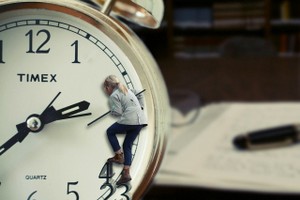COGNITIVE SKILLS IN PRESCHOOLERS
According to Piaget’s theory of cognitive development children aged 3-6 years old are in preoperational stage of their lifespan. During this period logical thinking and solving problem skills begin to form. Preschoolers are egocentric – their abilities to see someone else’s point of view are limited. However, they start to engage in games in which they pretended to be people they are not (for example: cartoons’ characters or different members of the family).

1. Memory span
Memory span develops in different areas with age. Changes apply to increase of memory capacity, advance in general knowledge and learning strategies. There is a direct relationship between memory span and the age of a child. Young students need stimulation to repeat and memorise new material. That is why a teacher needs a wide range of resources attracting preschoolers’ attention and supporting their memorisation skills.
Read more about ENGLISH TEACHING RESOURCES FOR YOUNG LEARNERS

2. Visual perception
Most preschoolers are able to recognize colours and identify shapes. They often can distinguish and name some letters of the alphabet, but they are not able to copy them properly. However, visual perception has to be constantly stimulated by finding differences and similarities, sorting objects or copying sequences.
3. Sound recognition and production
A significant increase in sound recognition is distinguishable at this age. Children’s sound recognition is concerned with sensitivity to music and language sounds. Preschoolers internalise rhythm and melody of a language in natural way.

4. Time orientation
Preschoolers perceive time subjectively – it can be called egocentric time orientation. Children begin with acquiring days of the week, seasons and months of the year. They often learn opposites: day – night, summer – winter, etc. Preschoolers attain skills to arrange events in chronological order.
5. Depth perception
Preschoolers develop their depth perception as ability to see in three dimensions and eye-body coordination. They learn to distinguish between up and down, left and right side, in front of and behind, etc.
6. Numeration
For children at this age counting is a quite abstract activity. They can name the numbers but some of them cannot understand that number means a sequence of things and a total count.
Working with preschoolers and planning some activities for them a teacher is obliged to take into consideration their cognitive development and skills. It will help to avoid some of the methodologic mistakes or confusion and disorientation in children.
References:
Clark, E. 1976 From Gesture to Word. Human Growth and Development. Oxford: Wolson College Lectures.
Piaget, J. 1952 The Origins of Intelligence in Children. New York: International University Press.
There are no reviews yet.

